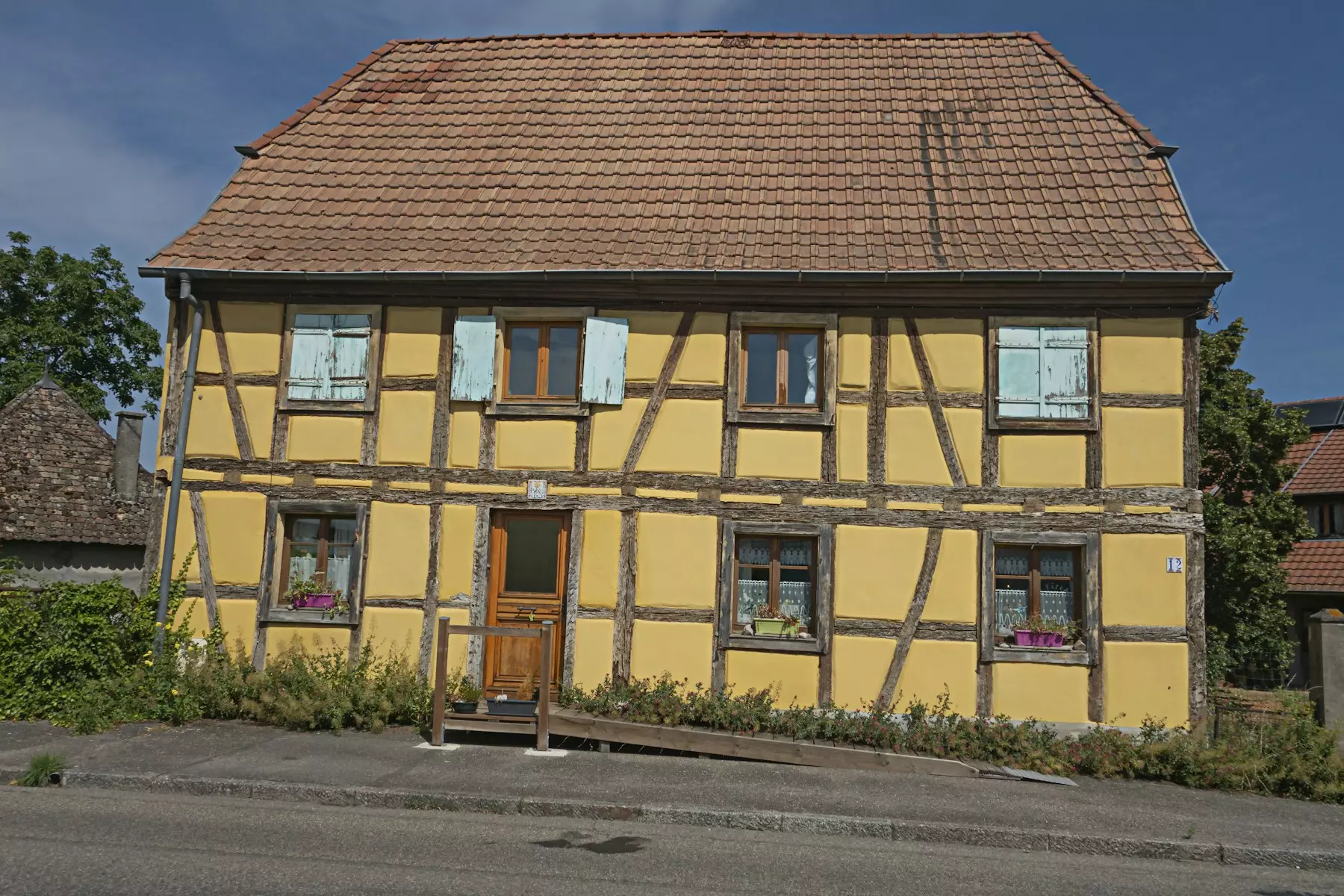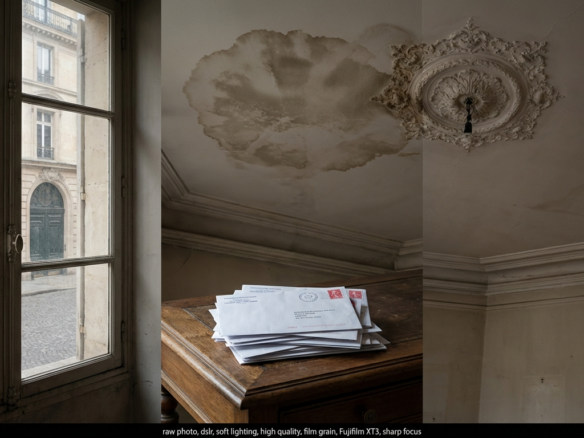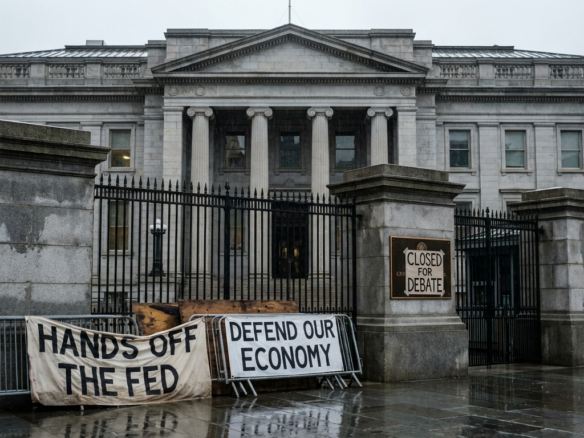The German property market continues to surprise analysts and investors alike, with prices maintaining their upward trajectory despite widespread economic uncertainty and mounting market fears. While many European countries grapple with cooling real estate sectors, Germany’s housing market demonstrates remarkable resilience, challenging conventional wisdom about economic downturns and property valuations.
Get 50% OFF!
Subscribe to our newsletter and enjoy a 50% discount on all listing packages, no strings attached!

Recent data reveals that German property prices have not only held steady but continue to climb across multiple sectors and regions. This unexpected trend has captured the attention of both domestic and international observers, particularly as other major economies experience significant property market corrections. The persistence of this growth pattern suggests underlying market fundamentals that remain robust despite external pressures.
German Property Market Defies Economic Uncertainty
The German real estate landscape has proven remarkably resistant to the economic headwinds that have affected markets across Europe and beyond. Despite concerns about inflation, energy costs, and geopolitical tensions, property values across Germany continue their steady ascent. This resilience stems from a combination of factors including limited housing supply, strong demographic trends, and Germany’s reputation as a stable investment destination.
Market data from the first quarter shows that residential property prices have increased by an average of 8.2% year-over-year across major German markets. This growth rate, while slightly moderated from previous peaks, remains significantly higher than what economists predicted given the current economic climate. The sustained demand appears to be driven by both domestic buyers seeking security in tangible assets and international investors viewing German property as a safe haven during uncertain times.
Rising Prices Persist Across Major German Cities
Berlin, Munich, Hamburg, and Frankfurt continue to experience substantial price appreciation, with each city demonstrating unique market characteristics. Munich leads the charge with luxury residential properties seeing increases of up to 12%, while Berlin’s market shows more moderate but consistent growth across all property segments. The diversity in regional performance highlights the depth and breadth of Germany’s property market strength.
Frankfurt’s commercial real estate sector has been particularly robust, with office spaces and mixed-use developments commanding premium prices despite the shift toward remote work arrangements. Hamburg’s waterfront properties and redevelopment projects have attracted significant investment, contributing to the city’s 9.3% year-over-year price increase. These urban centers continue to benefit from strong employment markets, infrastructure investments, and their roles as major European business hubs.
Interest Rate Hikes Fail to Cool Housing Demand
The European Central Bank’s series of interest rate increases, designed to combat inflation, have had surprisingly limited impact on German property demand. While borrowing costs have risen substantially, buyers appear willing to accept higher mortgage rates rather than delay their property purchases. This behavior suggests deep-seated confidence in the long-term value proposition of German real estate.
Mortgage applications remain elevated compared to pre-pandemic levels, indicating that demand fundamentals remain strong despite increased financing costs. Many buyers are adapting by extending loan terms, increasing down payments, or exploring alternative financing structures. The persistence of buyer activity at higher interest rates demonstrates the market’s underlying strength and suggests that price growth may continue even in a higher-rate environment.
Investment Appeal Remains Strong Despite Warnings
International capital continues to flow into German property markets at unprecedented levels, with institutional investors particularly active in major metropolitan areas. Despite warnings from some analysts about potential market corrections, investment funds, pension schemes, and sovereign wealth funds maintain their bullish stance on German real estate. The country’s political stability, strong legal framework, and transparent property laws continue to attract global capital.
Recent transactions include several high-profile acquisitions of commercial properties and residential developments, with foreign investors accounting for approximately 35% of all major property deals. This international interest provides additional support for price levels and suggests that the German market benefits from global diversification strategies. The consistent flow of international investment creates a floor under property values that helps explain the market’s resilience to domestic economic pressures.
Market Experts Predict Continued Upward Trajectory
Leading property analysts forecast that German real estate prices will continue rising through the remainder of the year, albeit at a more moderate pace than previously experienced. The consensus view suggests that annual price growth will stabilize in the 6-8% range, supported by ongoing supply constraints and demographic trends. This outlook reflects confidence in the market’s fundamental drivers while acknowledging potential headwinds from broader economic conditions.
Long-term projections remain optimistic, with most experts citing Germany’s housing shortage, urbanization trends, and economic stability as key factors supporting continued appreciation. The country’s commitment to sustainable development and energy-efficient construction standards is expected to create additional value premiums for newer properties. While some caution about potential volatility in the short term, the overall expert consensus supports a positive outlook for German property values over the next several years.
The German property market’s continued strength in the face of economic uncertainty underscores the unique characteristics that set it apart from other European markets. With robust demand, limited supply, and strong international investment interest, German real estate appears well-positioned to maintain its upward trajectory despite broader market fears and economic headwinds.
As we move forward, the resilience demonstrated by German property prices serves as a testament to the market’s fundamental strength and the country’s appeal as a stable investment destination. While prudent observers will continue monitoring economic indicators and policy changes, current trends suggest that German real estate will remain a cornerstone of stability in an increasingly uncertain global economy.





Join The Discussion